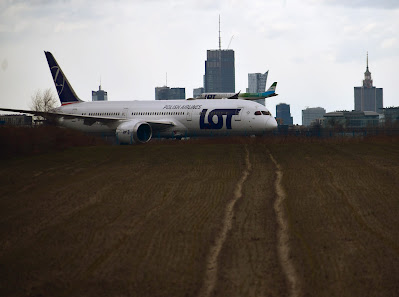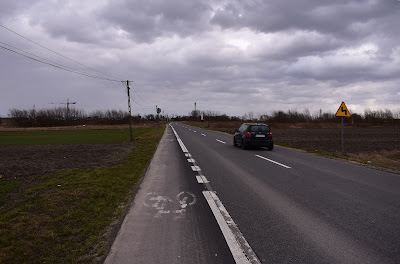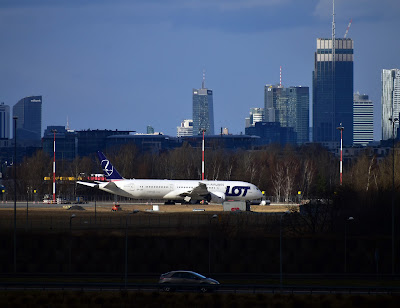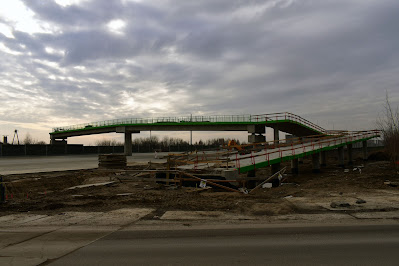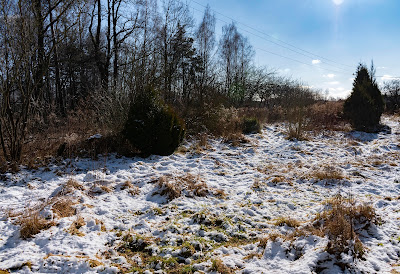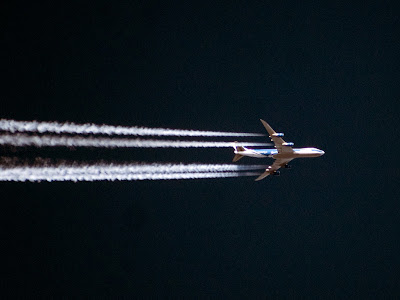The sight of apartment blocks, schools, hospitals and administrative buildings being hit by Russian rockets, bombs and shells has revealed to the world the truth about Putin. It is a truth that those living in his immediate neighbourhood have known for a long time. He is the manifestation of evil in human form; a Hitler, a Stalin, a Pol Pot. An inhuman madman for whom massive loss of innocent life has no meaning. Protests around the world, but particularly across Europe, show that Russia has lost any residual soft power it might have enjoyed. And yet, and yet...
Unrestrained by the intellectual straightjacket of Marxism-Leninism, Putin's propaganda war aimed at the West this past decade has been infinitely more successful than the USSR's. Back then, the useful idiots were exclusively the far left. I remember at the time of Martial Law in Poland, an organisation in the UK called the Spartacist League was actually protesting against the Solidarity trade union movement, on the basis that "an imperfect workers' state is better than no workers' state". Nutters. The British Communists were partially funded through the bulk purchase by the Soviet Union of the Morning Star, the newspaper aligned with the Communist Party of Britain. The paper, then and now is so ideologically turgid that its readership is insignificant.
The Morning Star website today leads not with the slaughter of innocent Ukrainian civilians but with global climate change. All the British far left can do is numbly repeat the mantra "NATO and the EU should not have been encroaching on Russia". And funnily enough, this is also the mantra of the British far right.
The far left are the useful idiots - so hidebound in their anti-imperialist ideology that they fail to see Putin as the arch-imperialist. This is because Putin says he is against NATO, as are they - because they see NATO through an ideological prism, and not as a bulwark protecting Central and Eastern Europe from the return of the Russian imperial boot. Putin doesn't need to pay them to parrot his propaganda - they just do so.
Now look at this semi-literate tweet from George Galloway. Paid Kremlin assets or useful idiot? He names names. Nigel Farage, Christopher Hitchens, Tucker Carlson and Rod Liddle - which of these have taken Putin's shilling, and which simply believe the Kremlin's narrative?
Venal politicians, easily bought by smooth-talking Russians in the West are as culpable as hidebound ideologists. Britain's shabby response to sanctioning Russian oligarch and their assets in the UK suggests fear and shame regarding the ease with which their donations filled party coffers. And their resulting hesitancy to take a firmer stance on Putin's malevolence.
The links between Russia and the Brexit campaign were clear to see to all those who wanted to see, and all those who understood Russia. Putin needed to fragment the West, splinter its institutions. Those who bought into the lie that the EU was 'antidemocratic' need to ask themselves how democratic it is to have one man with a nuclear trigger holding our planet to ransom. Many who voted for Brexit were swayed by arguments coming from Putin's troll farms, polluting Britain's social media, or from figures directly financed by Moscow [when this is all over, I hope the Kremlin's archives will be opened so we can see proof of which figures].
Putin's courting of the West's far right and far left (the latter being cheaper to buy) had been successful for the past 22 years. But now that he has revealed his true nature in a way that's impossible to cover up with lies about 'Ukrainian fascists', 'genocide in Donbas', 'NATO provoked the bear' or 'Eastern Europeans have no right to self-determination', he has cut off that support. It will be interesting to see how the presidential campaigns of Marine Le Pen or Viktor Orban go.
When this is all over, the bought-up politicians and the useful idiots will be called to account. When this is all over, the far left and far right will not have an easy time. And that will be good for us all. In the meantime, let us pray in a focused, metaphysical way, to the Good God for a swift end to the spilling of innocent blood in Ukraine.
Lent starts tomorrow, I shall be blogging about the spiritual and metaphysical; for Russia's invasion of Ukraine, follow me on Twitter (Michael Dembinski@policies4poland).
This time last year:
Chance and luck - can you will the outcome?
This time two years ago:
Define your Deity
This time four years ago:
The Mysteries of Quantum Physics
This time fiver years ago:
Lent starts tomorrow
This time six years ago:
Coincidence and survival
This time nine years ago
The Book of Revelations
This time ten years ago:
Strong late-winter sunshine
This time 11 years ago:
Best pics from February 2011
This time 12 years ago:
Kensington
This time 14 years ago:
End of the line


